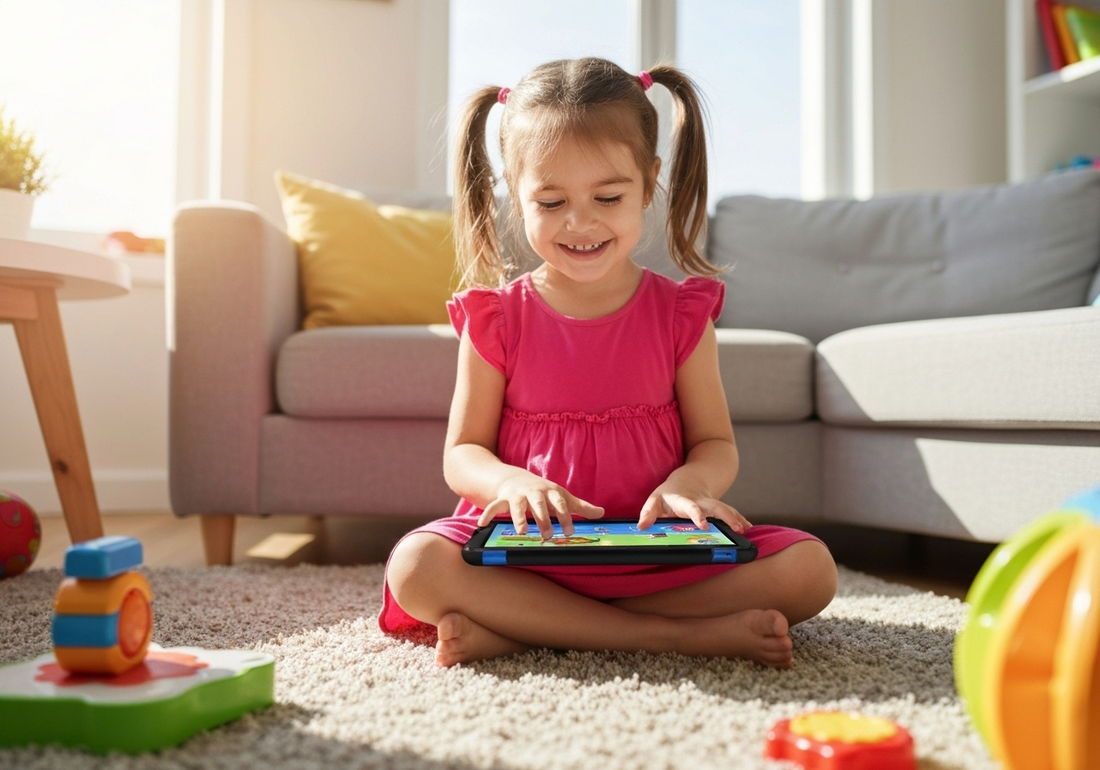Discipline is not about punishment; it’s about guidance, learning, and helping children develop self-control, responsibility, and empathy. Positive discipline for kids focuses on teaching rather than punishing, helping children make better choices while building confidence and strong relationships with parents.
At Zuvoy, we believe learning life skills can be joyful. Tools like our Kindness Counts game show children that good behavior and empathy have rewarding outcomes, reinforcing positive habits naturally.
What is Positive Discipline?
Positive discipline is an approach that emphasizes:
- Teaching and guiding rather than punishing
- Setting clear expectations and consistent rules
- Encouraging self-reflection and problem-solving
- Reinforcing positive behavior through praise and rewards
Unlike traditional punishment, positive discipline helps children understand the consequences of their actions and develop emotional regulation.
Key Principles of Positive Discipline
1. Set Clear and Consistent Expectations
Children feel secure when they know boundaries. Clearly explain rules and consequences in advance, and consistently follow through.
2. Focus on Teaching, Not Punishing
Instead of yelling or spanking, guide children by explaining why a behavior is wrong and how to do it better next time.
3. Use Positive Reinforcement
Praise efforts and kind behavior. Tools like Zuvoy’s Kindness Counts reward children for acts of kindness, reinforcing empathy and cooperation.
4. Encourage Problem-Solving
When children make mistakes, ask questions like:
- What could you do differently?
- How can you fix this?
This teaches accountability and critical thinking.
5. Stay Calm and Patient
Children model adults’ emotional responses. Maintaining calm during conflicts teaches self-control and respectful communication.
6. Teach Emotional Awareness
Help children label their emotions and understand how actions affect others. This builds empathy and reduces impulsive behavior.
7. Use Natural Consequences
Let children experience the natural outcomes of their actions when safe. For example, if they forget a toy at school, they understand the importance of responsibility.
Benefits of Positive Discipline for Kids
- Builds self-confidence and independence
- Develops emotional intelligence and empathy
- Encourages responsible decision-making
- Strengthens parent-child relationships
- Promotes long-term positive behavior
How Zuvoy Supports Positive Discipline
Games like Kindness Counts and Gratitude Quest make learning values interactive. Children experience the joy of helping, sharing, and problem-solving, reinforcing lessons in a fun and memorable way.
Positive discipline combined with playful learning ensures children grow into kind, confident, and responsible individuals.
Conclusion
Positive discipline for kids is about guiding with love, patience, and consistency. By teaching rather than punishing and reinforcing good behavior through engaging tools like Zuvoy’s games, parents can help children develop essential life skills while fostering a nurturing and joyful environment.
FAQs
1. What is positive discipline?
Positive discipline is an approach that guides children with love and respect, focusing on teaching self-control, responsibility, and empathy rather than punishing.
2. How does positive discipline differ from traditional discipline?
Unlike punishment-based methods, positive discipline emphasizes guidance, natural consequences, and reinforcement of good behavior to help children learn life skills.
3. Can positive discipline improve behavior?
Yes. By teaching children why behavior matters and rewarding positive actions, they develop lasting habits of kindness, responsibility, and self-regulation.
4. How can parents practice positive discipline daily?
Set clear rules, use calm communication, praise efforts, encourage problem-solving, and model empathy in everyday interactions.
5. How do Zuvoy games support positive discipline?
Games like Kindness Counts reward kids for acts of kindness and teamwork, making lessons about empathy, cooperation, and responsibility fun and memorable.
6. At what age should positive discipline start?
It can begin from infancy. Early guidance through communication, modeling behavior, and age-appropriate activities sets the foundation for positive habits.

